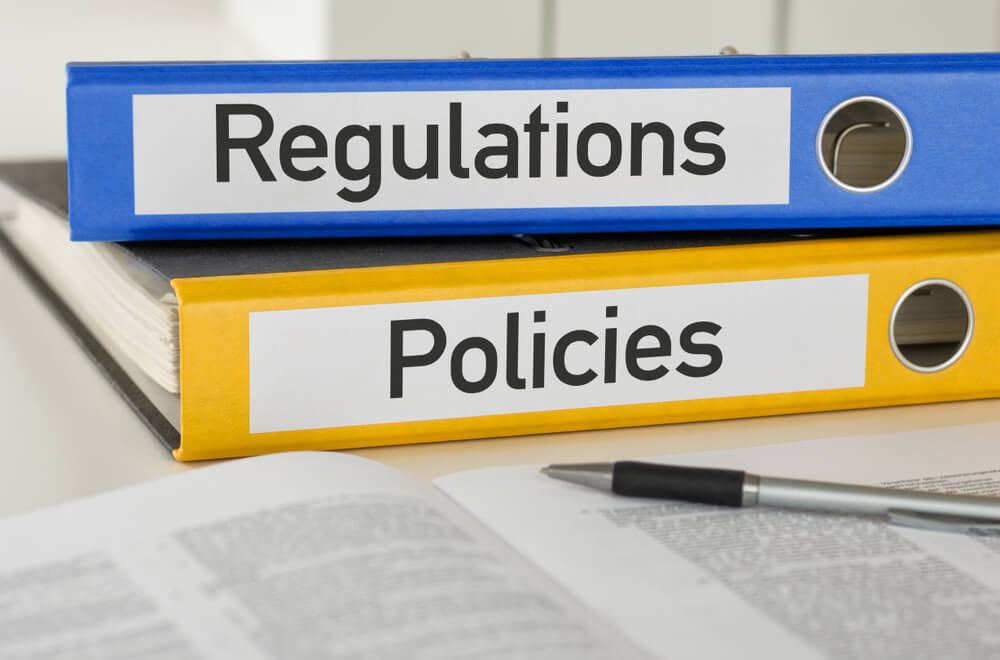Any organization that works with a vulnerable population, such as struggling teenagers, should be licensed and highly regulated. However, residential treatment centers for troubled teens have widely varying levels of licensing and regulation.
There Is No Federal Oversight For Residential Treatment Centers
At this time, there is no federal regulation or oversight body dedicated to monitoring residential treatment centers for troubled teens. This void leaves regulation in the hands of each state.
Not all states have chosen to set laws and guidelines for residential treatment centers. Some organizations like the American Academy of Child & Adolescent Psychiatry have issued guidelines which some states have implemented. But the overall lack of nation-wide rules leaves a precarious gap between what should take place at a treatment center and what actually does occur.
How To Find A Regulated Teen Residential Treatment Center
Finding a regulated teen residential treatment center that you can feel confident sending your teen to requires a good deal of research. Some things you should be looking for are:
- Consider location – Some states, such as Utah, impose heavy regulations on organizations that want to operate as residential treatment centers. You are more likely to find reputable and regulated treatment for your troubled teen in a state with laws like Utah.
- Inquire about academics – Many residential treatment centers will offer educational aspects, but some of these are distance learning programs or self-guided. Before sending your child to a program, find out if the academic program includes in-person, licensed teachers.
- Ask to tour – Any high-quality program should be happy to have parents tour their treatment center. Check to see where your teenager will be spending the next six months or more and be sure to look at the room accommodations, cafeteria, laundry facilities, classrooms, and other key living spaces.
- Investigate credentials – In a licensed residential treatment center for troubled teens, you will find a robust professional staff. Contact the licensing board for these professionals to make sure that people like the therapists, clinical directors, and other important program staff are accredited.
- Request info on discipline – Depending on the residential treatment center, there will be a variety of discipline practices, from natural consequences to physical restraint. Be sure you are fully aware of the discipline policies any program you are interested in has implemented.
Finding a well-regulated residential treatment center for your teenager to attend can be a monumental task. To help you sort through your options, you can contact us here at Help Your Teen Now. We help families determine what their options are and what will best help their troubled teen, all completely for free.











0 Comments